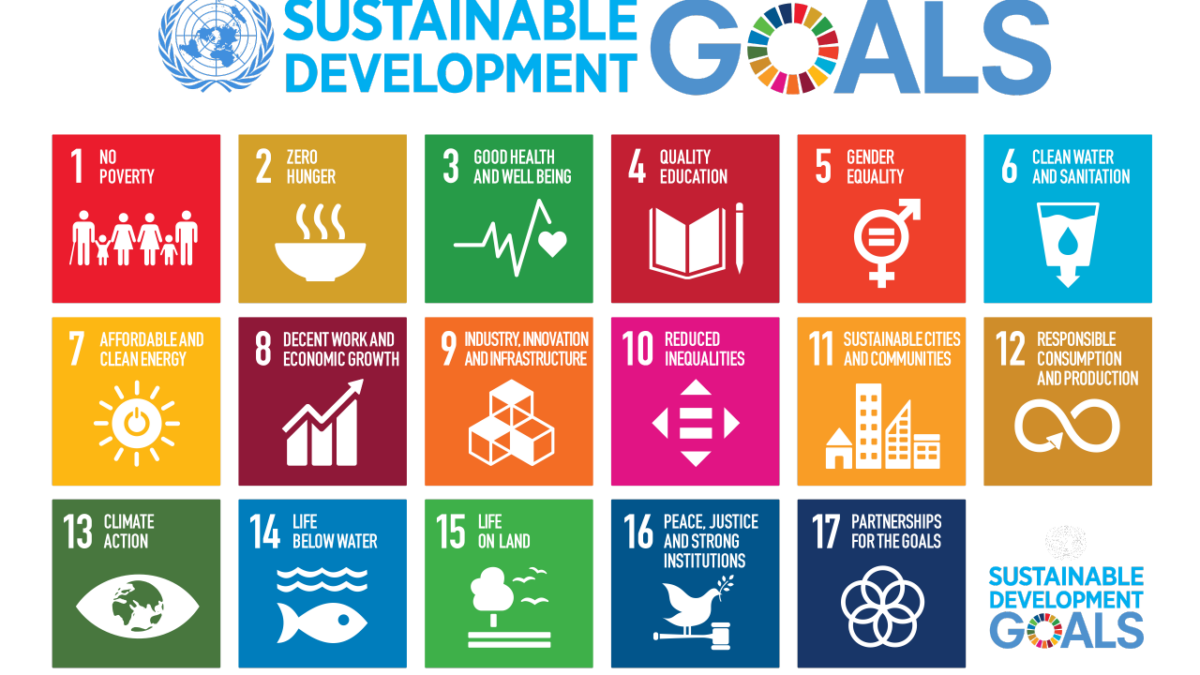India’s SDG Report 2024: Milestones Achieved, Challenges Ahead
India’s SDG Progress Report 2024 reveals gains in poverty, health and education, but gender and energy challenges persist.
India has made notable strides toward achieving the United Nations’ Sustainable Development Goals, revealed a recent report released by the Ministry of Statistics and Programme Implementation.
According to the “SDG National Indicator Framework Progress Report 2024”, the country made significant strides in poverty reduction, healthcare and education.
Poverty, Health, and Education: Key Areas of Progress
The report found that India reduced its poverty rate from 21.92 percent in 2011-12 to 14.96 percent in 2019-21, marking a substantial improvement in economic inclusion.
In healthcare, maternal mortality declined to 97 per 100,000 live births by 2018-20, while skilled birth attendance reached 89.4 percent, reflecting strengthened health systems.
Skilled birth attendance is when a trained health professional, such as a doctor, nurse, or midwife, manages a pregnancy, childbirth, and the immediate postpartum period.
Access to education also improved as gross enrolment ratios for higher secondary education rose to 57.6 percent in 2021-22, coupled with near-universal access to electricity at 89.3 percent and clean drinking water touching 98.2 percent in schools.
Renewable Energy Growth Sees Mixed Results
The report further found that India continued progressing in renewable energy adoption, contributing to global climate goals.
The share of renewable energy in India’s total installed electricity generation increased consistently from 15.95 percent in 2015-16 to 22.51 percent in 2022-23. In 2023-24, this figure saw a dip to 20.70 percent, indicating a slight reversal in momentum.
Additionally, the installed renewable energy capacity per capita rose substantially over the years, growing from 63.25 watts per capita in 2014-15 to 136.56 watts per capita in 2023-24, reflecting India’s commitment to scaling its renewable energy infrastructure.
Despite these advancements, the data suggests the need for sustained policy intervention and technological innovation to ensure consistent progress toward India’s renewable energy goals by 2030.
Challenges in Gender Equality and Early Childhood Education
However, the report also sheds light on persistent challenges. Early childhood education enrolment has sharply declined, plummeting from 51.3 percent in 2018-19 to 33.22 percent in 2021-22, raising concerns about foundational learning.
Gender inequality continues to be a pressing issue, with gaps in workforce participation and leadership roles for women.
For instance, the proportion of women in managerial positions has declined from 18.8 percent in 2019-20 to 15.1 percent in 2022-23, highlighting a worrying trend of reduced female representation in leadership roles.
Urban housing, including the rehabilitation of slum dwellers, remains underexplored, while waste management and recycling rates are yet to meet global sustainability standards.
Call for Stronger Policy Interventions
The report stressed the need for urgent and coordinated action to address these challenges. It emphasizes the importance of strengthening public-private partnerships, improving policy implementation and fostering community engagement to accelerate progress.
As India works toward the ambitious 2030 goals, its journey is a critical example for other developing nations navigating the complex interplay of economic growth, social equity, and environmental sustainability.
Nirmal Menon
Related posts
Subscribe
Error: Contact form not found.


